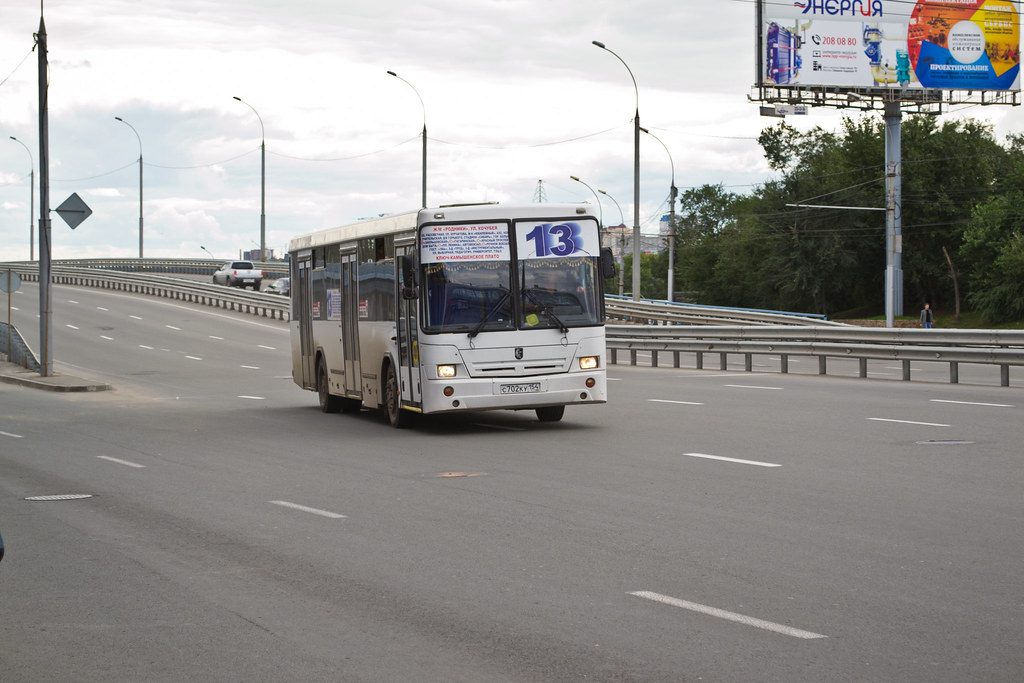
At the root of the public transportation conversation happening within Kansas City local government is a simple question of priorities. Should affordability be maintained as a barrier to access to public transportation or does access preclude consideration of affordability?
Mayor Quinton Lucas and CEO of the Kansas City Area Transportation Authority agree that free bus fare should be offered to each and every citizen who desires to take advantage of the offer. Yet the plans that have officially been discussed regarding this movement have been continuously questioned by affordability critiques.
Nevertheless, Nov. 13 the Transportation Committee of City council voted to move forward with the proposition of free bus service city-wide. This doesn’t absolve the reality of financial barriers to this proposition, but it does signal that the financial considerations should come at a bit of a lower standard of valuation in comparison to the question of access.
The lapse in capital funded from bus fares composes a mere $8-9 million of the total KCATA operation budget. This represents a rough estimate of the slack that will need to get picked up somewhere else so that the budget can remain sustainable for the bus system to operate. Currently the City Council has only discussed compensating for this loss through personal taxes, business taxes and community partnerships.
Opposition to the current proposed plans for funding the bus system lies in equity concerns. Councilwoman Katheryn Shields argues that the benefits of completely free public transportation should not neglect what should be considered the due contribution from the private sector.
“We provide transit for the whole region,” she said. “[We need to] make clear that stakeholder engagement, including private business, is necessary to fund workforce transit.”
Although Shields is in favor of the move to free transportation, she has moved to ensure the current budget proposal is reviewed by the city manager before being presented before the City Council.
Other cities around the country have also considered the idea of free bussing city-wide. Denver, for instance, has had a similar debate about access versus affordability when it comes to public transportation earlier this year. The issue ultimately was a divisive one for the local government. The argument presented against the city taking on responsibility for the income lost from rider fares was framed as a practical one. In opposition to the case that busses aren’t used as much as they could due to minor hurdles, Jon Caldera of the Independence Institute says that affordability was never a hurdle for riders, and that the aim of free public transportation is misplaced entirely.
“The reason people don’t ride the bus has nothing to do with price,” Caldera said. “Nobody says, ‘I’m not riding the bus because it’s too expensive.’ The reason is, it’s too slow, it’s not flexible, and it doesn’t go where I want it to go.”
In Kansas City, although the plan to move in the direction to support free public transportation is solidified as of last month, the actualization of the plan is contingent on a detailed, sustainable plan being presented which makes considerations for optimal user experience as well as sufficient public and private investment.
This decision would not have been possible had KCATA not previously made the bus service free to veterans and students in the Kansas City Public Schools. This sample group provided valuable feedback on the current effectiveness of transportation should it be freely offered. Teachers and students both expressed regard for the value of public transportation in opening doors of opportunity for those who don’t personally have access to transportation.
Marissa Wamble Cleaver, director of public information for the Hickman Mills School District has noted that students in her district have benefited by using free bus passes to get to internships and work and said, “Now we have parents and staff asking to be part of the program, which of course we can’t provide.”
As an act of addressing and catering to lower-income Kansas City communities, the bus imitative has proven itself solid in terms of providing access. If City Council can find routes to properly address the affordability barrier, then free transportation that is truly city-wide could benefit all residents while giving those without express transportation options a fair alternative.
